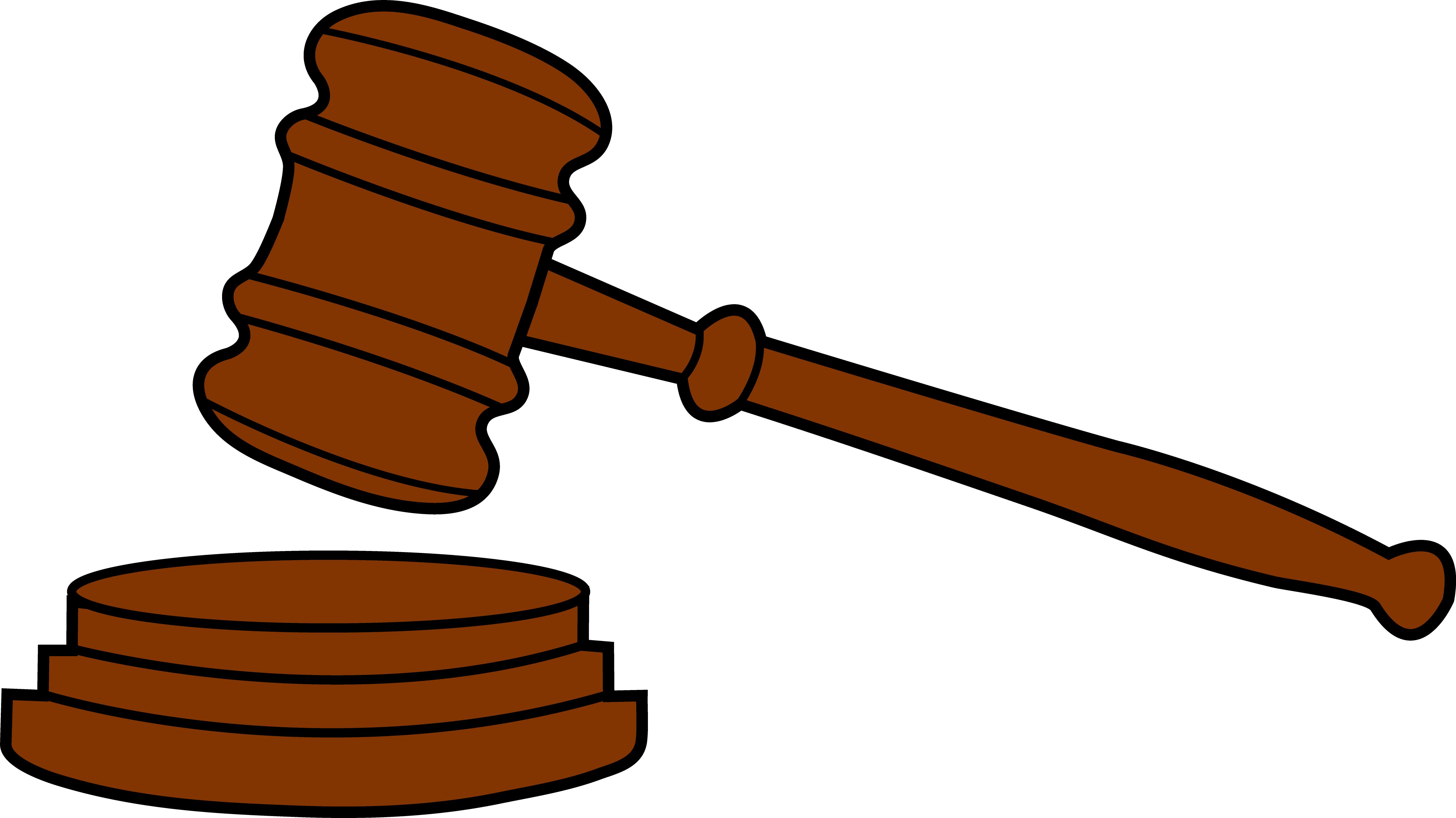The “Best People” or “We the People”: Why the Merit Selection of Judges is Only an Attractive Ruse

The following are excerpts from an article written by the Honorable Clifford W. Taylor, former Chief Justice of the Michigan Supreme Court, for the The Heritage Foundation:
The “Best People” or “We the People?”
We are increasingly told by advocates of merit selection of judges—which is selection by a blue-ribbon committee invariably overweighed with lawyers, with the final choice among the top three being made by the governor—that selection on merit puts just the best qualified on the bench and eliminates the problems found in judicial elections, which, as they are now, are causing the people to lose confidence in their courts.
Yet having the people decide who has merit by electing the candidate they think has it rather than having a committee of the “best people” decide that matter is consistent with American constitutionalism. Under our Constitution, we, the citizens, elect our policymakers: from the President to the city council.
While it is sometimes overlooked, state appellate court judges also have policymaking authority as stewards of their state’s common law, and in the last 40 years or so, state appellate judges increasingly have made policy, not just by modifying the common law as they traditionally have, but also by, for the first time, deciding disputed moral values questions such as same-sex marriage and precluding, on little more basis than they think they are wrongheaded, certain economic regulations such as tort reform, product liability reform, and medical malpractice reforms of various sorts.
Today, however, allowing the people this authority to elect their judges, which they have in a majority of the states, is increasingly under siege from the bench and bar, to say nothing of good-government groups. They have largely come to these positions very recently, having been inflamed by the well-funded merit selection advocates’ polling results and predictions of civic calamity if “something isn’t done.”
It is wise to have some skepticism regarding the critics’ claims and recall that these anti-majoritarian movements have been a part of the American experience ever since we adopted our Constitution in 1789, which famously began by introducing the notion that “We the people” were acting to govern ourselves.
Indeed, that the people would decide who their leaders would be was the “knock” on our Constitution: We won’t get the best people to serve if they have to stand for election, and those we do get will be beholden to their backers. Those critics would agree with the judicial election critics today, such as George Soros and his allies, including former Justice Sandra Day O’Connor, that it is prudent that such choices on who is going to call the shots should be removed from the rabble and be made by just the “best people.”
It doesn’t help their argument much to be seen as hostile to the people voting, so the anti-election advocates refine their arguments and say, well, we aren’t entirely hostile to majority rule. We actually think average voters can evaluate legislators who represent political interests, but well-intentioned as they are, they are just unable to evaluate judges because judges’ work is very sophisticated and common folks don’t have the learning to appreciate it. Thus, they argue, we should remove judges from elections and select them on the basis of professional merit with that merit being divined by those capable of evaluating it: merit selection panels.
This has a plausible ring to it, of course, but let’s look more closely…
Click here to view the full article

Comments are closed.